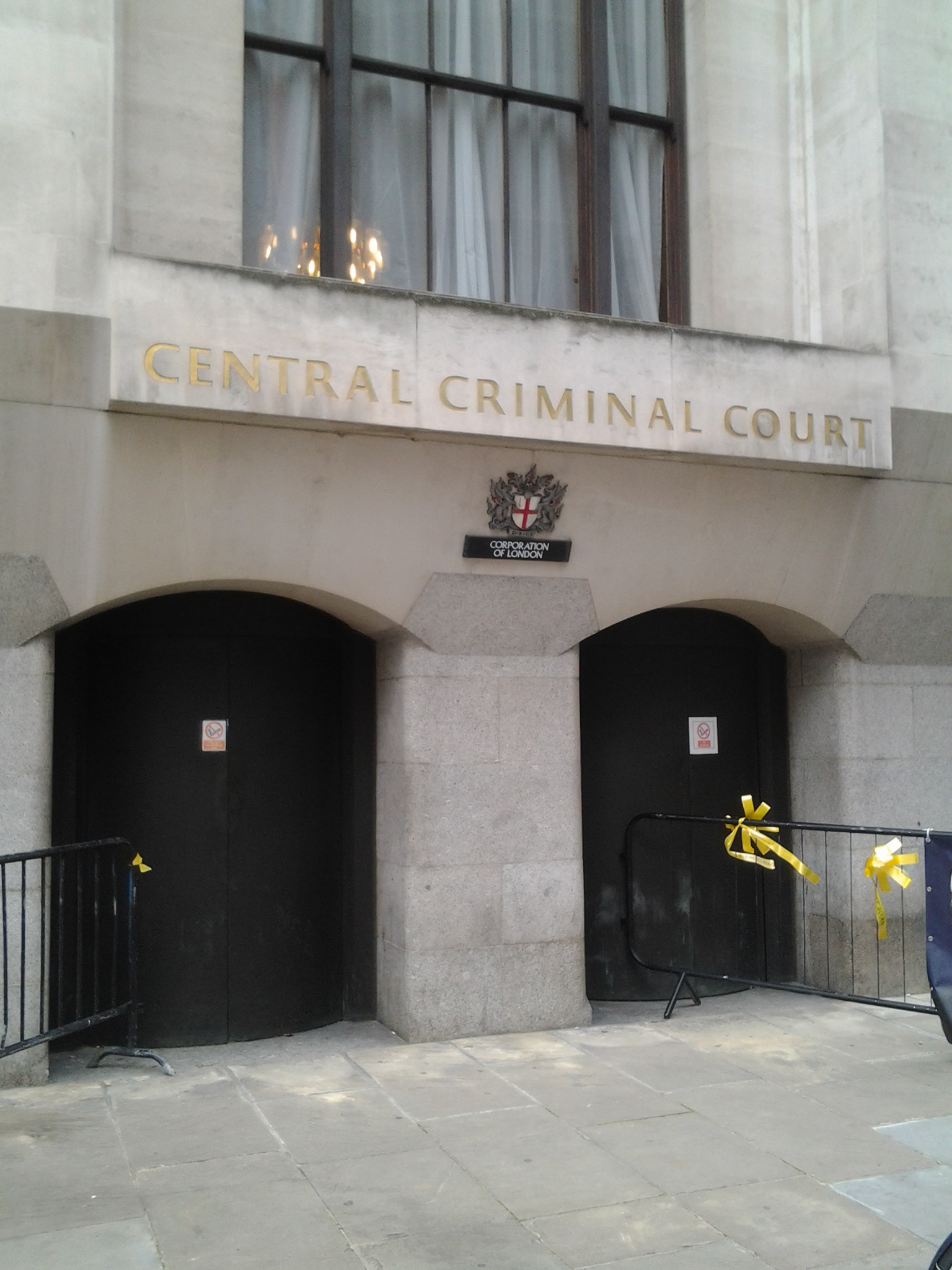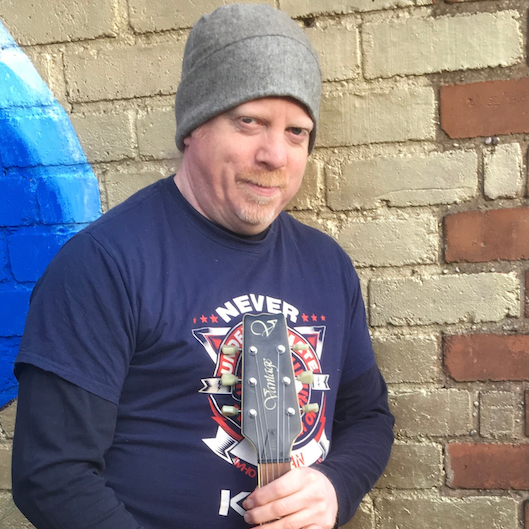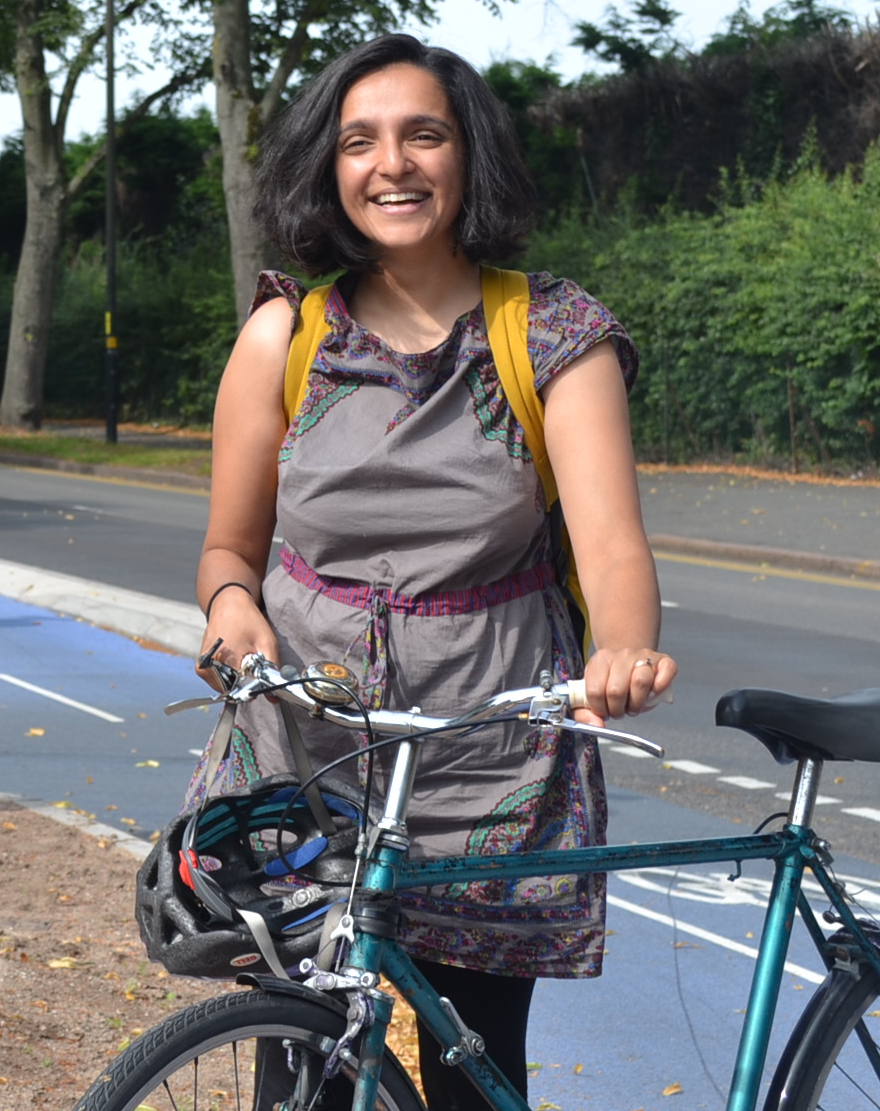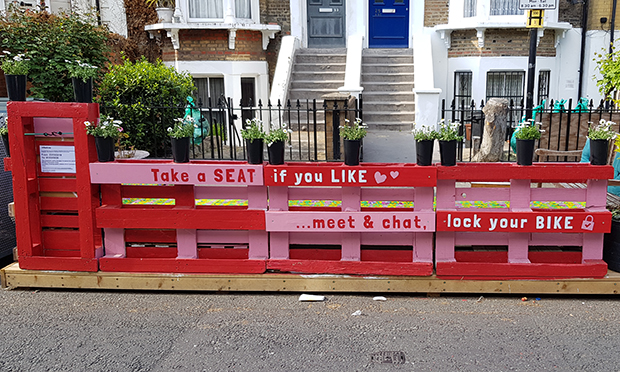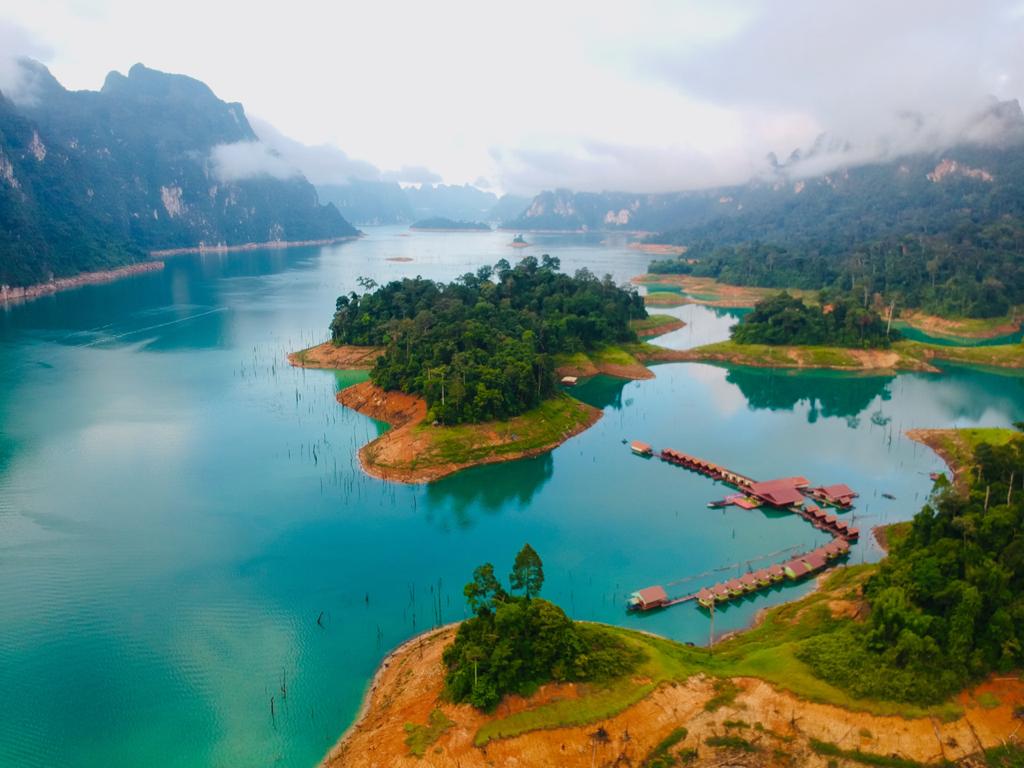In her follow up to her initial article about Julian Assange; Rachel Allen provides an update.
On the 4th January 2021, District Judge Vanessa Baraitser handed down her verdict in the Julian Assange extradition case. As a shock to most of Assange’s supporters, given the clear bias she has shown against him during the entire extradition hearing, she ruled that Assange could not be extradited to the United States on the grounds that he would be highly likely to commit suicide if placed in an American Supermax prison.
The rejection of the US extradition likely came about because of public pressure and scrutiny. Assange activists, the few journalists willing to do their job, and the UN Rapporteur on Torture Nils Melzer made it more difficult to send Assange to certain death in a US dungeon. Edward Fitzgerald, one of Assange’s lawyers, has stated that there is no real precedent for an overturning of such a decision made on health grounds.
On the face of it, this seems like a victory for Julian Assange and his supporters. The reality is much more complicated. In order to see why, we must examine the decision in more detail, and the subsequent rejection of Assange’s bail application on the 6th January 2021.
Baraitser’s Decision: Endorsing American Talking Points
Despite the extremely strong evidence presented in Assange’s defense during the extradition hearing, Judge Baraitser rejected almost all of it and sided with the American prosecution. The only points on which she sided with Assange’s defense were his poor mental health, Asperger’s Syndrome diagnosis, the high likelihood of him being placed under Special Administrative Measures (extreme solitary confinement), and his high suicide risk.
The points on which Judge Baraitser sided with the prosecution are extremely concerning and many people, such as Reporters Without Borders’ Rebecca Vincent, have argued that the decision cannot be seen as a victory for journalism or free speech. Let’s examine some of the areas in which Baraitser sided with the prosecution.
1) Political Exemptions do not apply. The Extradition Act 2003 does not contain any clauses that state that extradition cannot occur if the offense in question is political. However, the 2007 UK-US Extradition Treaty does bar extradition for political offenses. Baraitser ruled that the protections against extradition for political offenses in the Treaty do not hold because there is no protection in the Act.
2) Assange Will Get a Fair Trial. Judge Baraitser claimed that she would not take the evidence from the UC Global scandal into account when assessing the extradition case. This scandal involved a Spanish security firm spying on Julian Assange in the Ecuadorian Embassy on behalf of the CIA. This included spying on privileged conversations between Assange and his lawyers. The Eastern District of Virginia (where he would be tried) is CIA country and most adults there work for the security services. John Kiriakou, CIA whistleblower prosecuted for talking to the media about torture, talked about his experiences in that court: “No national security defendant has ever won a case in the EDVA. In my case, I asked Judge Brinkema to declassify 70 documents that I needed to defend myself. She denied all 70 documents. And so I had literally no defense for myself and was forced to take a plea.” It’s clear that these factors make a fair trial impossible, but Baraitser refused to acknowledge this.
3) What Assange Did Was Not Journalism. Baraitser claimed in her ruling that what Assange did went beyond the role of a journalist, because he encouraged people to leak more information to him. Of course, journalists encourage and ask their sources to give them more leaked material all the time. To claim this is not within the purview of a journalist is dangerous to the profession.
Baraitser Denies Assange Bail
On the 6th January, Baraitser denied Assange bail. On the face of it, the two decisions are contradictory: Assange cannot be extradited to the US to face solitary confinement because of his poor mental health and high risk of suicide, but must remain in a UK high security prison in solitary confinement despite his poor mental health and risk of suicide. The risk of suicide is sadly very real: last year a friend of Assange, Manoel Santos, a gay man who the UK government were looking to deport back to Brazil, killed himself in Belmarsh.
What the US-UK Establishment Wants
In order to examine this seemingly contradictory decision, we must examine what the establishment hopes to achieve through their persecution of Julian Assange. I do not believe Vanessa Baraitser is an independent actor or a judge running a genuinely fair trial (there is evidence of her bringing pre-written decisions into court). It follows that Baraitser being genuinely moved by what Assange would face in the US and rejecting extradition on that basis is an unlikely explanation for her behaviour, especially since she has condemned him to conditions amounting to torture in Belmarsh for months on end.
The establishment wishes to punish Assange for revealing information that exposes their corruption and war crimes. It does not much matter to the establishment whether he faces that punishment in a UK prison or a US prison. It nevertheless sets a very public and obvious precedent: Don’t reveal our crimes or you will be tortured. If Assange were to die in Belmarsh due to the horrific treatment he has suffered that would suit the establishment very well. One document revealed by WikiLeaks referred to the idea of “mov[ing] him from country to country to face various charges for the next 25 years.” This is an equally effective method to oppress Assange and destroy freedom of speech and investigative journalism.
What’s Next for Julian Assange Activism?
There is one other aspect to this decision and that is that it makes campaigning for Julian Assange more difficult. ‘There’s only one decision: No Extradition!’ is a clear message that is easy to get across to the public. Explaining how the establishment has a long term strategy to silence Assange (and with him all journalism critical of them) and that they can still achieve their aims without necessarily extraditing him is more complicated.
The mainstream media has long been a large obstacle in the fight to free Assange. The BBC and other mainstream media outlets have reported on Judge Baraitser’s verdict in the extradition case. However, they refuse to comment on the fact that conditions in Belmarsh prison amount to torture, and this creates a barrier when trying to inform the public of the true nature of the witch hunt against Assange.
The UN Rapporteur on Torture, Nils Melzer, has made clear that Assange’s treatment by the UK government is torture. Assange is currently held in solitary confinement, and has suffered from years of medical neglect. Significant problems with the heating in Belmarsh and the prison’s refusal to provide Assange with warm clothing mean that he has been exposed to freezing temperatures. His death in Belmarsh is sadly entirely possible due to his weak health and this horrific treatment. Melzer wrote an article called ‘Demasking the Torture of Julian Assange’ back in May 2019. He sent it to many mainstream media outlets in the US, UK & Australia and all of them refused to publish it.
The concern here is that members of the public may get the impression that ‘Assange has won’ because they are not fully informed of the facts of his torture. This could inspire apathy and complacency among the public about his case, which is very dangerous.
I say this not to be defeatist, because I am not giving up on freeing Assange from prison, but to raise considered questions about how we best reach people who may have been given a misleading impression by the mainstream media. We need to get the message across to the public that Julian Assange is not safe and that his torture is continuing, that his life is still at risk and that the establishment is still achieving their goal of isolating, silencing and torturing an innocent man for revealing war crimes.

